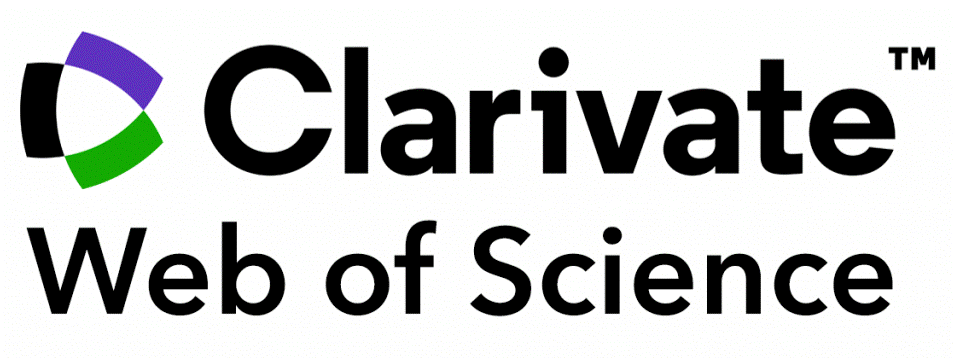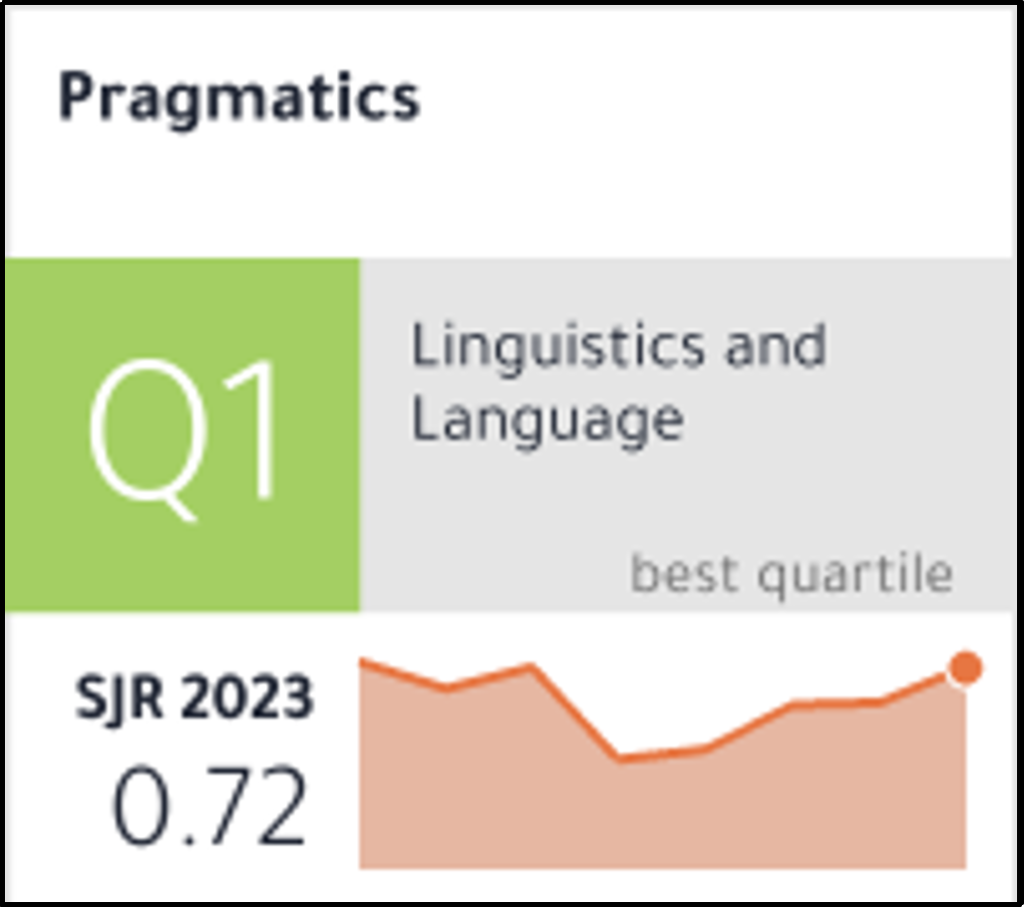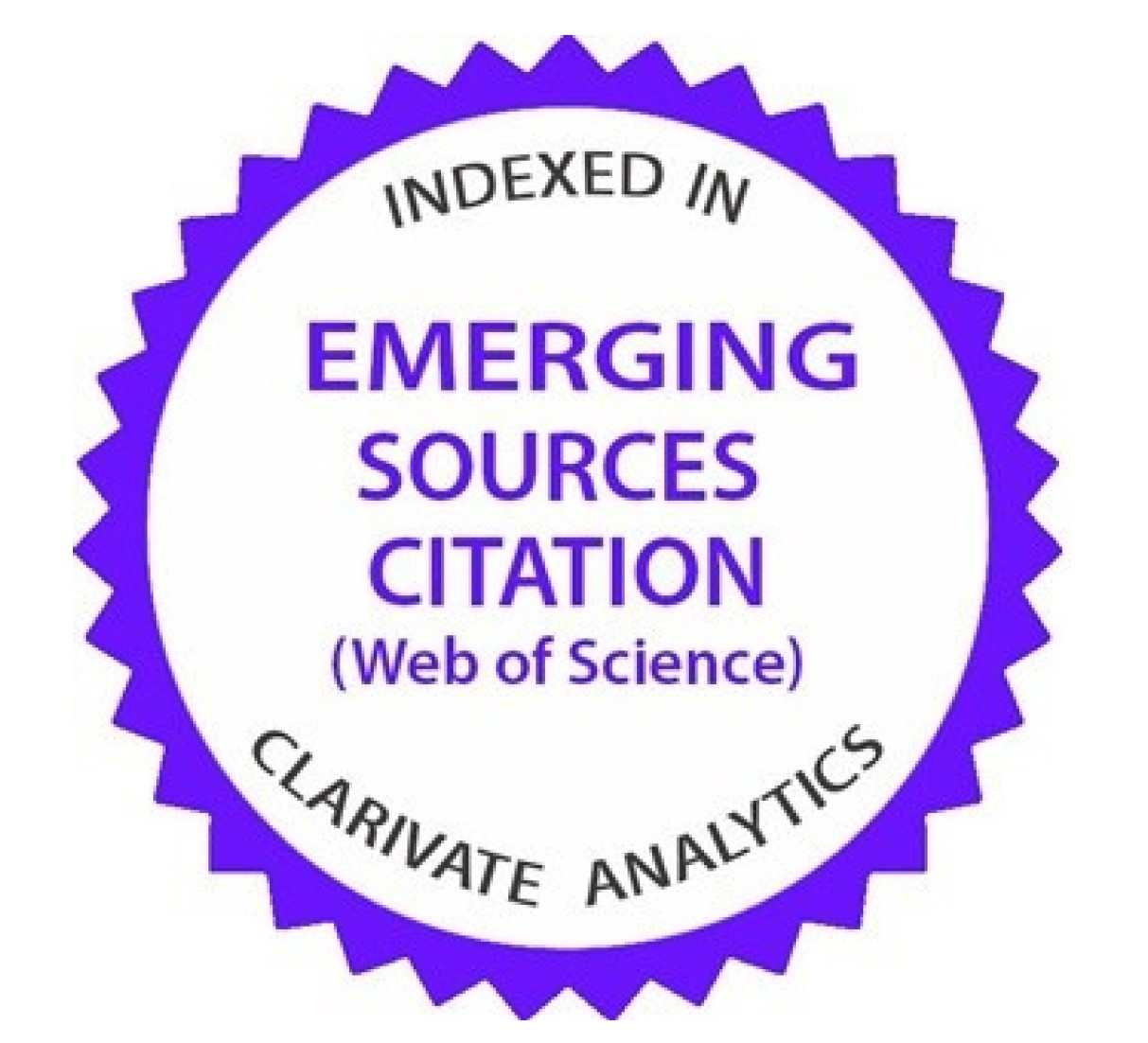Review by independent experts provides advice to editors of academic journals and series concerning the publication of research results. It is an integral component of the scholarly enterprise.
Reviewers should judge objectively the quality of the research reported without regard to race, gender, religious belief, ethnic origin, citizenship, or political philosophy of the authors, and respecting the intellectual independence of the authors. In no case is personal criticism appropriate. Reviewers must disclose conflicts of interest resulting from direct competitive, collaborative, or other relationships with any of the authors, and avoid cases in which such conflicts preclude an objective evaluation.
Reviewers should explain and support their judgments in such a way that editors and authors may understand the basis of their comments. Reviewers should point out relevant published work that has not been cited by the authors. Any statement that an observation, derivation, or argument had been previously reported should be accompanied by the relevant citation. A reviewer should also call to the editor’s attention any substantial similarity between the manuscript under consideration and any published paper or manuscript submitted concurrently to another journal.
Privileged information or ideas obtained through peer review must be kept confidential and not used for competitive gain. A reviewer should treat a manuscript sent for review as a confidential document. It should neither be shown to nor discussed with others except, in special cases, to persons from whom specific advice may be sought; in that event, the identities of those consulted should be disclosed to the editor. Reviewers should not use or disclose unpublished information, arguments, or interpretations contained in a manuscript under consideration, except with the consent of the author. See also the note on the use of AI below.
Final decisions on publication are made by the top-level editor(s) of the journal. The journal editors are responsible for selecting peer reviewers. Members of the editorial board may be asked for suggestions of suitable peer reviewers and may be asked to be a peer reviewer themselves, but it is not the case that only board members can be reviewers.
Editors and members of the editorial board who have a conflict of interest will not be included in the peer review or decision-making of the relevant submission. Such a conflict of interest would be the case if the editor or board member is an author of the submission, or is a member or direct competitor of the research project on which the article reports. Board members with such a conflict of interest will not be asked for advice on or peer review of the submission. If an editor has such a conflict of interest, the submission will be handled by one of the other editors of the journal; if there only is one editor, the editorial board will be asked to appoint a board member to handle the peer review process and make the final decision on that submission.
In the case of special, thematic issues the peer review process may be handled by the guest editor(s) for that issue. If a guest editor has a conflict of interest related to one of the articles in the special issue — other than the (guest) editor’s ‘Introduction’ — the peer review should be handled by someone other than that (guest) editor. The final decision remains the responsibility of the top-level editors of the journal, who may require additional assessment of papers.





